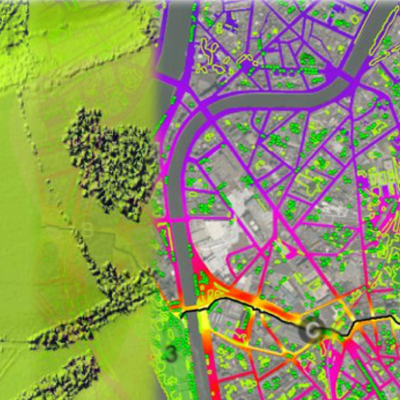The Government has today launched its new ‘Clean Air Strategy: 2019’ which aims to cut the costs of air pollution to society by £1.7 billion every year by 2020, rising to £5.3 billion every year from 2030.
Commenting on the Government’s ‘Clean Air Strategy: 2019’, Dr Iq Mead, Lecturer in Emissions Technology at Cranfield University, said: “While air pollution levels are generally declining in the UK, we still have significant areas of the UK with air quality which does not meet World Health Organisation standards.
“The standards announced today are welcome but we need more detail on what action will be taken to reduce air pollution, particularly in urban centres, which are often the most problematic areas.
“What is needed is a joined-up cross-sectoral approach that harnesses the latest clean technology. Sectors such as transport including aviation, the energy industry and agriculture, need ambitious action plans that allow them to continue to grow while also reducing their level of pollutants.
“At Cranfield, we are working with industry and regulators to advance knowledge of the processes leading to harmful emissions, gaining insights into the consequences of emissions, and developing an understanding of effective intervention measures.”
The Cranfield University/NCAS Centre for Atmospheric and Emissions Research is a £3m joint investment between the Natural Environment Research Council (NERC), the National Centre for Atmospheric Science (NCAS), and Cranfield University. It provides a focal point for research-active staff, as well as being a shared home with like-minded researchers at the Facility for Airborne Atmospheric Measurements (FAAM) also based at Cranfield.
About Cranfield University
Cranfield University is a specialist postgraduate university that is a global leader for education and transformational research in technology and management.


